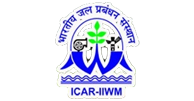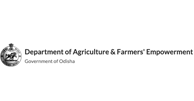The International Rice Research Institute (IRRI) has been a key partner in the implementation of the Odisha Integrated Irrigation Project for Climate Resilient Agriculture (OIIPCRA), contributing significantly to enhancing agricultural productivity, resilience, and sustainability in Odisha. Through its ClimatePRO initiative, IRRI has introduced innovative practices, strengthened local seed systems, and empowered farmers, particularly women, to adopt climate-smart agricultural practices.
IRRI's interventions under the OIIPCRA project have covered a significant number of Minor Irrigation Projects (MIPs) across three key districts in Odisha:
- Bolangir: 10 MIPs
- Mayurbhanj: 26 MIPs
- Ganjam: 17 MIPs
In total, IRRI has worked across 53 MIPs, ensuring that a wide range of farmers benefit from climate-resilient agricultural practices, improved seed systems, and diversified cropping systems. This extensive coverage has enabled IRRI to reach thousands of farmers, including women and marginalized communities, contributing to the overall success of the OIIPCRA project.
IRRI's Key Contributions :
1. Strengthening Varietal Advancement and Seed Systems
IRRI has played a pivotal role in strengthening the seed chain in Odisha by introducing high-yielding, stress-tolerant, and shorter-duration rice varieties. Through the Participatory Varietal Selection (PVS) process, IRRI has engaged farmers and stakeholders in selecting and promoting varieties best suited to local agro-ecological conditions. Key achievements include:
- Varietal demonstration: Over 1,900 hectares of rice varietal demonstrations were conducted.
- Varietal Cafeteria: 42 rice varietal cafeterias were established in tank command areas.
- Release of new varieties: IRRI facilitated the release of two new Direct-Seeded Rice (DSR) varieties, CR 211 and CR 212, which are well-adapted to Odisha’s changing climatic conditions.
- Integration of superior varieties: IRRI integrated five high-performing rice varieties, including Swarna Samriddhi, Swarna Shreya, BRRI Dhan 69, BinaDhan 11, and BRRI Dhan 75, into the state’s seed chain.
- Early Generation Seed (EGS) infusion: More than 5 metric tons of breeder and foundation seeds were infused into the system to support seed multiplication and replacement.
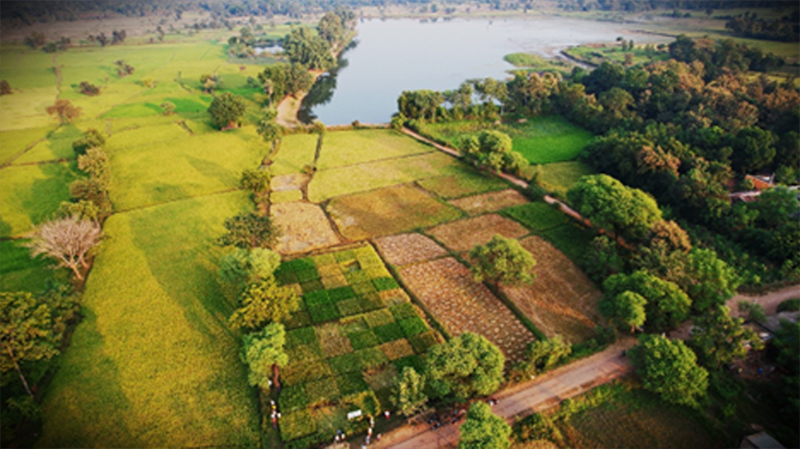
2. Promoting Diversified Cropping Systems and Increasing Cropping Intensity
IRRI has focused on optimizing rice-based cropping systems to increase cropping intensity and manage rice fallows in tank command areas. Key interventions include:
- Non-paddy demonstrations: Over 1,800 hectares of non-paddy demonstrations were conducted.
- Crop Cafeteria: 15 crop cafeterias for Rabi non-paddy crops were established.
- Introduction of shorter-duration rice varieties: Varieties such as Bina Dhan 11 and CR Dhan 405 allowed farmers to utilize residual moisture for a second crop.
- Promotion of non-paddy crops: High-yielding and stress-tolerant varieties of pulses (Virat, Indra Urad1), oilseeds (Giriraj mustard), and sesame (Suprava) were introduced.
- Vegetable cultivation: Cultivation of crops like okra and brinjal was promoted, utilizing residual moisture for additional income and nutritional security.
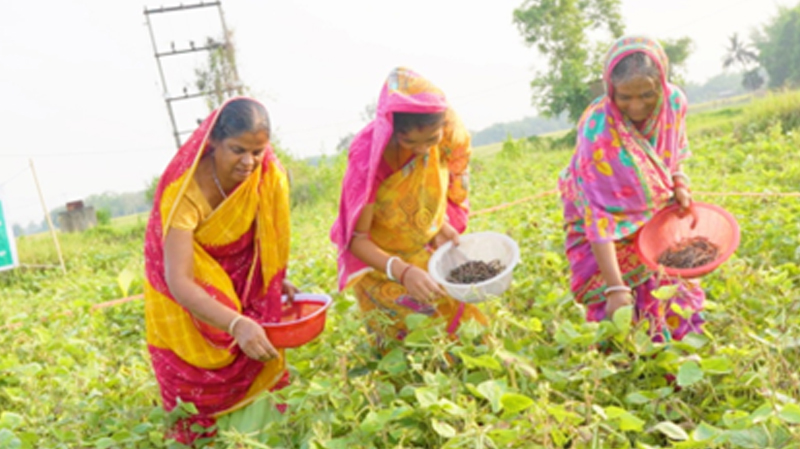
3. Optimizing Nutrient Management through Integrated Plant Nutrition Systems (IPNS)
IRRI has worked to improve soil health and nutrient management in tank command areas through the adoption of Integrated Plant Nutrition Systems (IPNS). Key activities include:
- Soil health assessments: Site-specific nutrient management practices were developed through soil sample analysis.
- Promotion of organic inputs: IRRI promoted green manuring crops (Dhaincha), vermicompost, and biofertilizers to enhance soil fertility.
- Technology-driven nutrient management: Rice Crop Manager (RCM) was introduced to provide farmers with customized fertilizer recommendations.
- Training and demonstrations: Farmers were trained on IPNS practices, leading to improved crop yields and soil health.
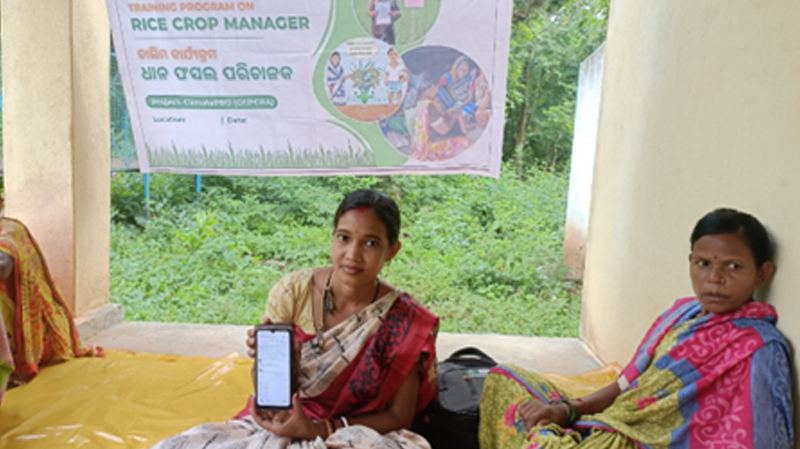
4. Empowering Women through Farmer Producer Companies (FPCs)
IRRI has been instrumental in empowering women farmers through the incubation of 2 Women Farmer Producer Companies (W-FPCs) and capacity building of 27 FPCs. Key achievements include:
- Engagement of FPCs: 27 Farmer Producer Companies (FPCs) were engaged in seed production, including 5 Women-led FPCs.
- Farmer training: 210 farmers were trained on quality seed production.
- Foundation seed access: IRRI facilitated access to 1.7 metric tons of foundation seeds for FPCs/FPOs for multiplication.
- Quality seed production: 172 metric tons of quality seed were produced through these initiatives.
- Capacity building: 56 season-long training programs were conducted under the Farmer Field and Business School (FFBS) model to enhance knowledge and leadership among women farmers.
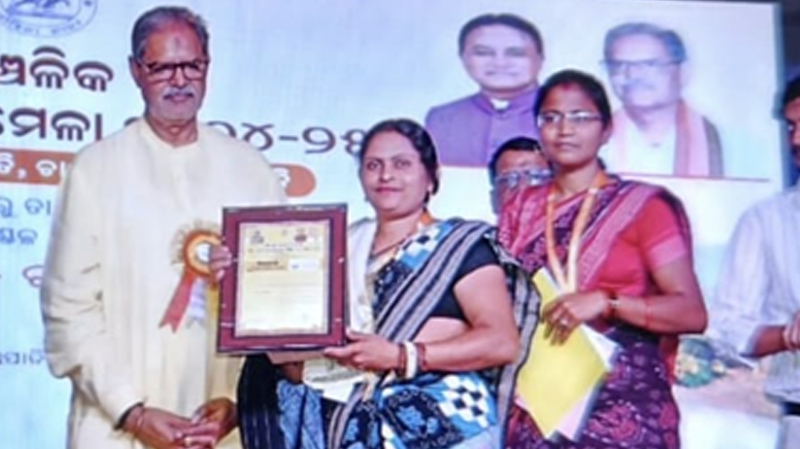
Market linkages : Partnerships were facilitated with institutional buyers like Sansar Agropol Pvt. Ltd. and DeHaat for seed marketing.









